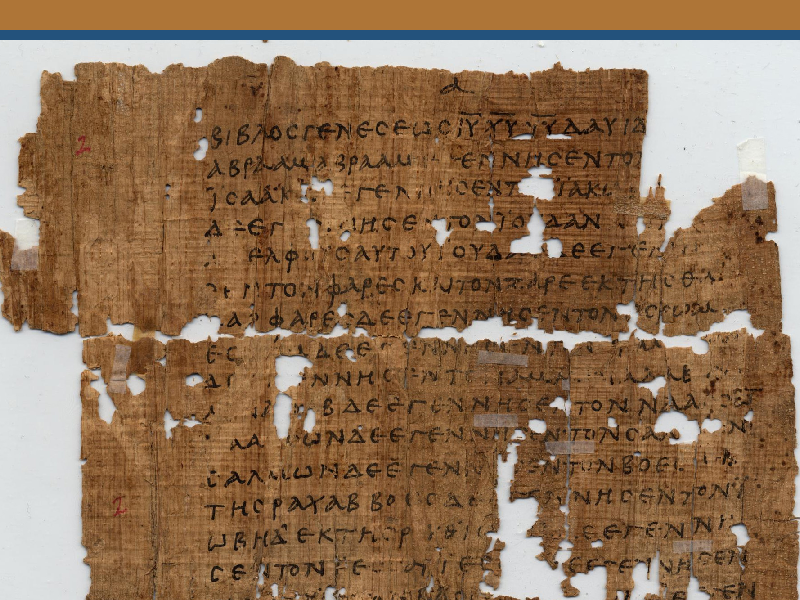
Biblical Hebrew is the language in which most of the Old Testament was originally written and which the ancient Israelites spoke. Understanding and being equipped to use Biblical Hebrew opens up a new world into a deeper understanding of the Old Testament.
Utilising Hebrew Language Tools A will introduce students to the basic principles of Biblical Hebrew. It will give students an overview of the Hebrew language, its grammar and structure and its use in interpretation. Students will also be introduced to different Hebrew language tools that they can use to help them exegete the Hebrew text.
In this first level course, students will learn the fundamental grammatical structure of Biblical Hebrew and its vocabulary. Along with this, students are also introduced to Hebrew language tools that are available to help them analyse the text more quickly. This is important as time constraints often force ministers to by-pass analysis of the Hebrew text in their sermon preparation, resulting in poorer exegesis.
Biblical Hebrew is very important for an in-depth analysis and understanding of the Old Testament. It, thus, is foundational for students wishing to continue their studies of the Old Testament on a post-graduate level.
- Teacher: Stefano Salemi

The old expression: “That is all Greek to me,” has convinced a lot of people that Greek must be a very difficult language to speak. Greek grammar, however, has a very logical and exact structure, allowing the reader to analyse the text with amazing precision. It is exactly this which makes the study of Greek so exciting and worthwhile.In this first level course students are taught the fundamental grammatical structure of Koine Greek and its vocabulary. Along with this students are also introduced to Greek language tools that are available to help them analyse the text more quickly. This is important as time constraints often force ministers to by-pass analysis of the Greek text in their sermon preparation, resulting in poorer exegesis.Greek is very important for an in-depth analysis and understanding of the New Testament. It, thus, is foundational for students wishing to continue their studies of the New Testament on a post-graduate level.

Biblical Hebrew is the language in which most of the Old Testament was originally written and which the ancient Israelites spoke. Understanding and being equipped to use Biblical Hebrew opens up a new world into a deeper understanding of the Old Testament.
Utilising Hebrew Language Tools A will introduce students to the basic principles of Biblical Hebrew. It will give students an overview of the Hebrew language, its grammar and structure and its use in interpretation. Students will also be introduced to different Hebrew language tools that they can use to help them exegete the Hebrew text.
In this first level course, students will learn the fundamental grammatical structure of Biblical Hebrew and its vocabulary. Along with this, students are also introduced to Hebrew language tools that are available to help them analyse the text more quickly. This is important as time constraints often force ministers to by-pass analysis of the Hebrew text in their sermon preparation, resulting in poorer exegesis.
Biblical Hebrew is very important for an in-depth analysis and understanding of the Old Testament. It, thus, is foundational for students wishing to continue their studies of the Old Testament on a post-graduate level.
- Teacher: Stefano Salemi


